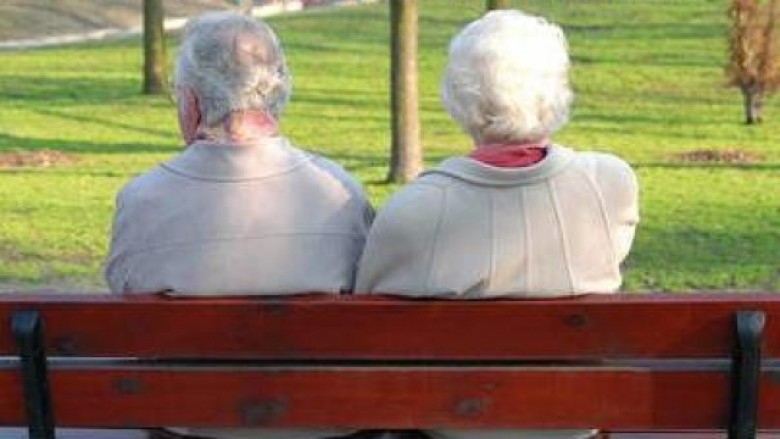Jakute Turjaka, an 80 year-old woman, has been alone since after the war. Her husband had died. She never had children. After a while, she decided to leave her home and continue her life in the House for Elderly People With No Family in Prishtina. Now, she doesn’t feel lonely. With time, she befriended the staff and the other people that live there. She says that they take good care of her and she has regular medical check-ups.
Jakuta says:“I feel good, from time to time I get visits from my family members. In this house they take good care of me.”
Jakuta spends most of her days knitting and chatting with the other residents. For her, choosing the retirement house for a new life was the best decision she ever made.
Qazim Gashi, leader of the Disability and Aged People Division, of the Ministry of Labor and Social Welfare (MLSW), says that there are four elderly houses in Kosovo: in Prishtina, in Skenderaj, in Istog (Gurrakoc) and Graҫanica.
Gashi says: “An elderly house was built in Mitrovica in 2008 but it is still out of service because there is no budget to hire staff.”
He adds that from January 2016, the houses in Skënderaj, Istog and Graҫanica have been maintained by municipalities that take care of the buildings, staff, clients, and budget, whereas the government only monitors and inspects the services.
Gashi explains: “Only the institution for elderly people in Prishtina is of a national level. It has 130 beds and is currently sheltering 66 people.”
He adds that the elderly houses are not full in Skenderaj, Gurrakoc (Istog) or in Graҫanica either.
Gashi says: “In Skenderaj, 19 out of 29 beds are occupied, in Gurrakoc (Istog) 17 beds are occupied although there are 20 in total. In Graҫanica there are 10 available beds, and 9 are occupied.”
Gashi explains the criteria old people have to meet in order to use these houses. They have to be 65 years old, be a citizen of Kosovo, not have any biological or adopted children and not to have any mental illnesses.
In the elderly house in Prishtina, there is an extra service: the social service. They get regular visits from a family doctor, a dentist, a dental technician, a psychologist, and nurses.
Behxhet Shala, leader of the Council for Protection of Human Rights and Freedom, said that they visit these few homes. He thinks that the elderly house in Prishtina needs to be relocated.
Shala says: “The home is not in an appropriate place. It doesn’t have enough room for the elderly to take walks, and they don’t have much privacy.”
He adds that the society should treat this social class with dignity and not look down on them. “They are part of this society and they have contributed for this country.”
The elderly staying at these houses complete their days reminiscing about the old times, knitting, doing needlepoint, sewing, painting and doing other games and activities.
In every floor of the building there is a socializing space for everyone, and all of these spaces are equipped with televisions.
Puhiza Bekolli








